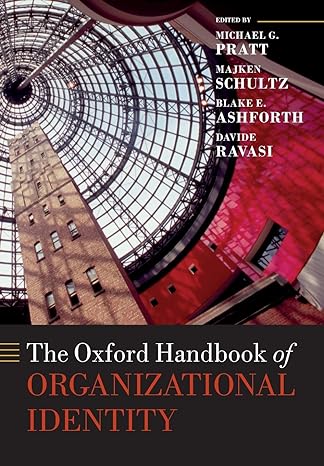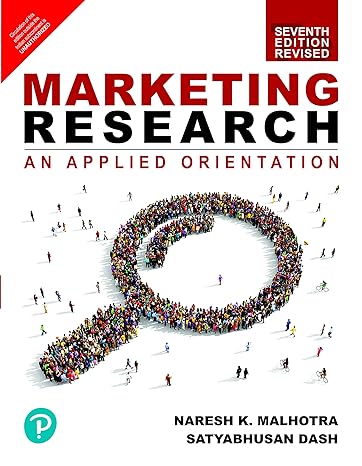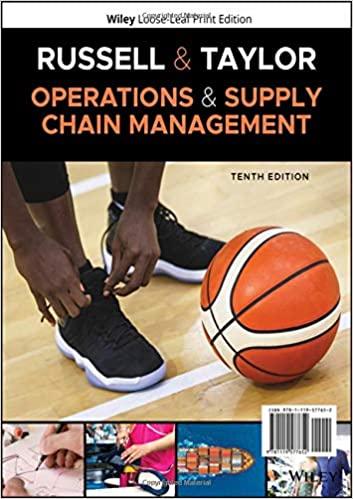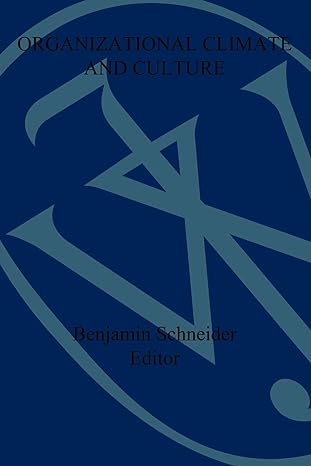Go back

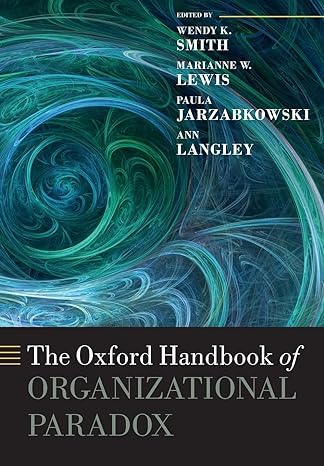
The Oxford Handbook Of Organizational Paradox(1st Edition)
Authors:
Wendy K. Smith ,Marianne W. Lewis ,Paula Jarzabkowski ,Ann Langley

Cover Type:Hardcover
Condition:Used
In Stock
Include with your book
Free shipping: April 03, 2024Popular items with books
Access to 3 Million+ solutions
Free ✝
Ask 10 Questions from expert
200,000+ Expert answers
✝ 7 days-trial
Total Price:
$0
List Price: $50.16
Savings: $50.16(100%)
Book details
ISBN: 0198840187, 978-0198840183
Book publisher: Oxford University Press
Get your hands on the best-selling book The Oxford Handbook Of Organizational Paradox 1st Edition for free. Feed your curiosity and let your imagination soar with the best stories coming out to you without hefty price tags. Browse SolutionInn to discover a treasure trove of fiction and non-fiction books where every page leads the reader to an undiscovered world. Start your literary adventure right away and also enjoy free shipping of these complimentary books to your door.
The Oxford Handbook Of Organizational Paradox 1st Edition Summary: The notion of paradox dates back to ancient philosophy, yet only recently have scholars started to explore this idea in organizational phenomena. Two decades ago, a handful of provocative theorists urged researchers to take seriously the study of paradox, and thereby deepen our understanding of plurality, tensions, and contradictions in organizational life. Studies of organizational paradox have grown exponentially over the past two decades, canvassing varied phenomena, methods, and levels of analysis. These studies have explored such tensions as today and tomorrow, global integration and local distinctions, collaboration and competition, self and others, mission and markets. Yet even with both the depth and breadth of interest in organizational paradoxes, key issues around definitions and application remain. This Handbook seeks to aid, engage, and fuel the expanding interest in organizational paradox. Contributions to this volume depict how paradox studies inform, and are informed, by other theoretical perspectives, while creating a resource that enables scholars to learn about and apply this lens across varied organizational phenomena. The increasing complexity, volatility, and ambiguity in our world continually surfaces paradoxical dynamics. Thus, this Handbook offers insights to scholars across organizational theory.
Customers also bought these books
Frequently Bought Together
Top Reviews for Books
Michael H
( 4 )
"Delivery was considerably fast, and the book I received was in a good condition."


